When you hear the term “automation” in machining, it can conjure up ideas of a large scale processes where shops are running multiple thousands of the same part on hundreds of machines. However, in today’s world of scalable production and individualized products, that’s no longer the case. All machining shops, regardless of size are moving towards automation to take their daily performance to perfection. In doing so they can keep costs low while increasing profits.
To understand this new drive towards automation, you have to understand the concepts of standardization and palletization. When dealing with a high mix of products and production in which volume can vary widely between orders, the first step to winning the battle is reducing machine downtime and standardizing the process. This insures quality and helps to eliminate waste, enabling more to be done in less time.
Standardizing your organization and automating processes can be done in a variety of ways, but the main goal is always to reduce the downtime between jobs and to eliminate waste.
Some shops will hesitate to change the way things have always been done, or will struggle with the expense that may be required to make their process smoother and more streamlined. There is no doubt that change can often require a cost in order to be implemented. However, when you think of how much time and money may have been wasted, along with faulty products that come from the lack of standardization, it becomes obvious that in the long run, the cost of not automating is more expensive than taking the time to update the organization.
At Euro Machining, we take our processes seriously and are always looking for ways to streamline our organization to better serve our customers. If you would like to know more about how we could help you and your organization, contact our offices in San Jose, CA and Santa Clara, CA. We look forward to hearing for you.
